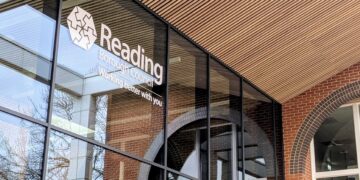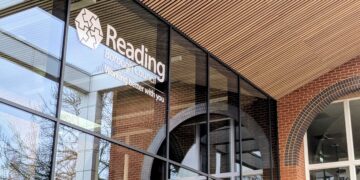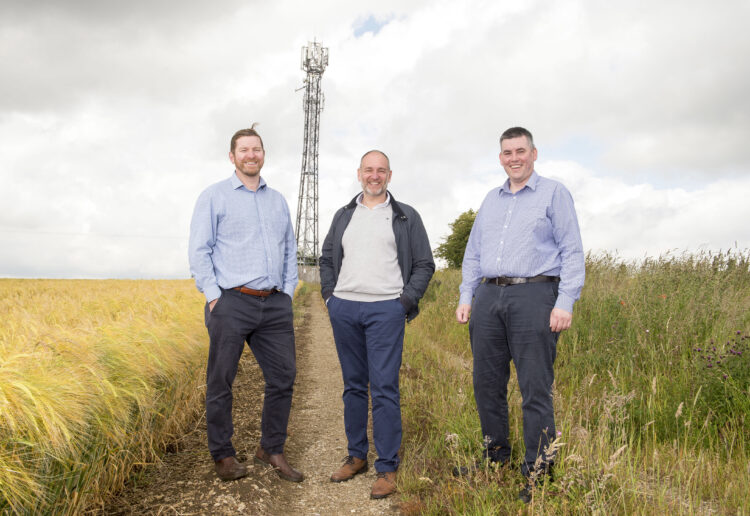CELLNEX UK, a Reading-based telecoms infrastructure provider, has teamed up with Quickline Communications to bring broadband to more than 50,000 homes.
The two companies have worked together to install infrastructure in isolated areas in the north of England, such as remote, rural communities in the North Yorkshire moors.
Cellnex is the UK’s largest independent provider of telecoms infrastructure has served the emergency services, wind farms, and utility providers, and is extending its support to isolated communities.
The milestone of more than 50,000 comes as national Get Online Weeks begins in the UK, which aims to reduce digital exclusion and encourage the improvement of digital skills.
Paul Stonadge, Commercial Director, Cellnex UK, said: “Cellnex UK is integral to the successful roll-out of wireless connectivity throughout the UK. We are working with key partners such as Quickline to deliver connectivity and services that contribute to socio-economic growth and help us bring connectivity to everyone, everywhere in the UK.”
Mark Seward, director of fixed wireless operations for Quickline, said: “We have now commissioned 50 of Cellnex UK’s sites where we will install our technology and are actively looking to identify further sites in the future.
“At this point, we can connect over 53,000 more properties and tens of thousands more homes and businesses will have lightning fast capability over the next few years.”
He said also that it’s important for companies to work together when to mitigate climate change as well as to speed up the rollout to rural communities.
He continued: “By using existing masts and towers, we ensure we keep our carbon footprint to a minimum.
“As a company, we are always mindful of our environmental impact when planning and building our own infrastructure, so if we can collaborate with other firms we will do.
“That’s why our partnership with Cellnex is an important factor in our overall business strategy. It also means that we can speed up the rollout of lightning fast broadband to our customers because we do not have to always build brand new masts from scratch.
“In addition, by making those savings, we can invest in other areas with poor connectivity and little infrastructure.”























